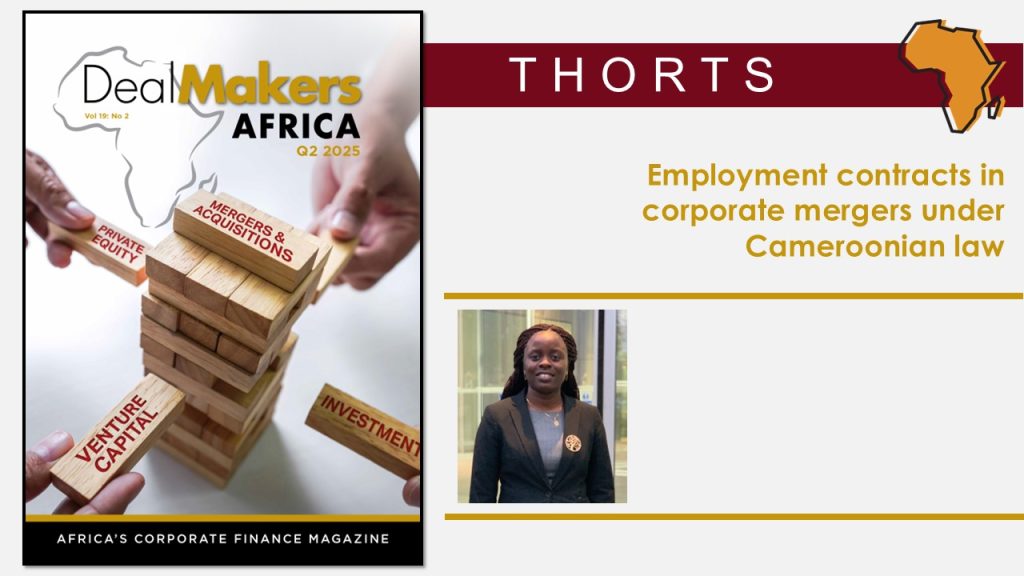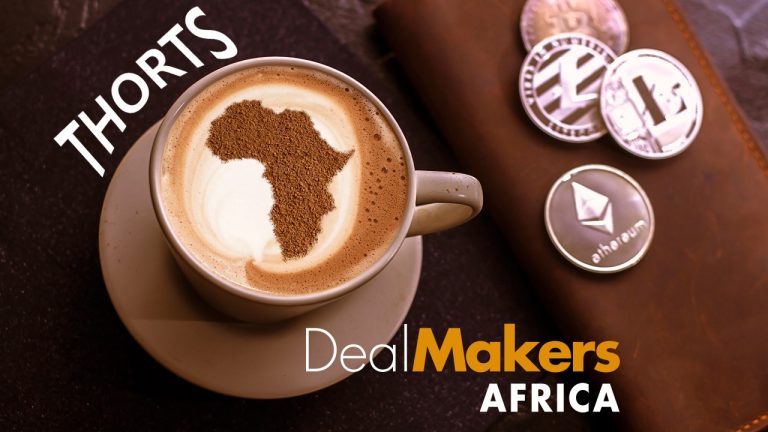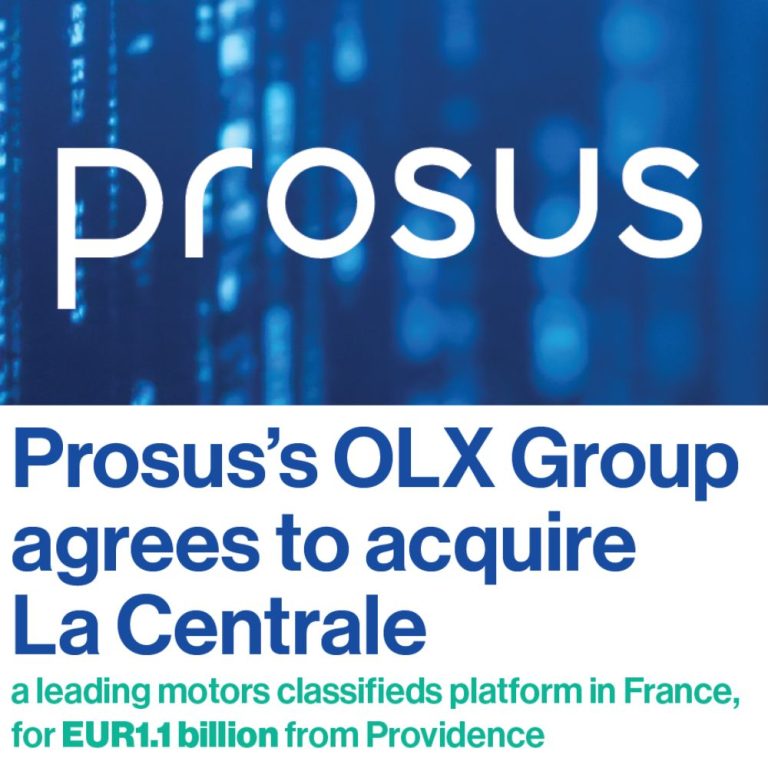The inherent dynamism of corporate life can lead companies to undergo transformations during their existence, and these changes inevitably carry significant legal consequences for the organisation and functioning of the company. Specifically, as part of its strategic vision, a company may decide to restructure in order to adapt to possible economic changes, remain competitive,1 and maintain or improve its market position. Among the various forms of restructuring is the merger.
Under OHADA commercial company law, a merger is defined as “the operation by which two or more companies come together to form only one, either by creating a new company or by absorption by one of them.”2 The Uniform Act on Commercial Companies and Economic Interest Groups (AUSCGIE) thus draws a traditional distinction between the creation of a new company by several existing ones (merger by formation of a new company) and the absorption of one company by another (merger-absorption).3
Although distinguished in Article 189 of the aforementioned Uniform Act, both types of mergers are governed by the same legal regime. The principal consequence of such a legal operation is the universal transfer of the assets and liabilities of the absorbed company to the absorbing company.4 As such, both the assets and liabilities of the absorbed company are transferred to the new or absorbing entity. Another legal effect is dissolution without liquidation: the absorbed company disappears in favour of the entity that acquires its assets.
This automatic and universal transfer raises the issue of contracts entered into intuitu personae with the absorbed company, particularly employment contracts that are still in force at the time of the merger. Given the principle of privity of contract set out in Article 1165 of the Cameroonian Civil Code, which states that “agreements produce effects only between the contracting parties and do not prejudice third parties,” one might be tempted to conclude that employment contracts would cease to have effect following a merger, as they were entered into based on the specific qualities, both objective and subjective, of the absorbed company and its employees.
However, Article 42 of the Labour Code provides otherwise:
“Where there is a change in the legal situation of the employer, notably by succession, sale, merger, transfer, transformation of business, or incorporation, all employment contracts in force on the date of such change shall continue between the new employer and the company’s staff”. 5
Termination of such contracts can only occur under the terms and conditions laid out in this section.
(a) The above provisions shall not apply:
- When there is a change in the company’s activity;
- When the workers express, before the competent labour inspector, their wish to be dismissed with the payment of their entitlements, prior to the modification.
(b) The cessation of the business, except in cases of force majeure, does not exempt the employer from complying with the provisions of this section. Bankruptcy and judicial liquidation are not considered cases of force majeure.
The employment contract may, while in effect, be modified at the initiative of either party
a) If a substantial modification is proposed by the employer and rejected by the employee, any resulting termination of the contract shall be attributed to the employer. It shall be considered abusive only if the proposed change is not justified by the interests of the company.
b) If a substantial modification is proposed by the employee and rejected by the employer, the contract may only be terminated by a resignation submitted by the employee.”
This article means that in the event of a merger, all employment contracts in force remain valid and are transferred to the new employer. As such, Articles 1165 of the Civil Code and 42 of the Labour Code appear to offer conflicting solutions, raising the question of which provision should prevail under Cameroonian law. The answer lies in a well-established civil law principle: special rules override general ones. Therefore, in accordance with this legal maxim, the fate of employment contracts in the event of a merger is their automatic transfer to the new entity.
This leads to the broader question of whether Cameroonian law effectively protects the parties to the employment contract during mergers. To address this issue, we will evaluate the protection offered both to the employee and the employer. While it is clear that the employee enjoys enhanced protection (1), this comes at the cost of a more limited protection for the employer (2).
1.Enhanced Protection of Employees in Corporate Mergers
Through Article 42 of the Labour Code, the Cameroonian legislator has clearly reaffirmed the principle of freedom of contract, which is central to Cameroonian labour law. As a result, employees are not passive victims of the merger of their employing company. Their employment contracts continue under the new employer, offering protection through continuity. This ensures that employees are not automatically dismissed as a result of these structural changes, and that their employment relationships are simply transferred to the successor employer.
Furthermore, the merger places a legal obligation on the absorbing company to uphold the contract under its previous conditions, thereby shielding employees from sudden professional instability.
Beyond ensuring job security, the legislator also allows workers to opt out of this continuity by requesting their dismissal and the corresponding entitlements.
While these rights significantly protect employees during mergers, they also, however, dilute the protection available to the employer. 6
2.Weakened protection of employers in corporate mergers
In employer-employee relationships, the employer is generally seen as the dominant party. Consequently, in the context of mergers, despite the employer often being the primary beneficiary, their legal protection is weakened.
The employer’s economic activity is sacrificed on the altar of contractual freedom for the employee. The latter can choose whether or not to continue the employment relationship, whereas the employer is legally bound to continue executing contracts. Worse still, the employer must pay severance to any employee who chooses to leave.
It is difficult to anticipate the number of employees who may choose to leave during merger negotiations. Similarly, the employer may be forced to allocate a highly speculative budget for potential departures – an economically burden-some scenario.
A recent example in Cameroon illustrates this reality: Mediterranean Shipping Company reportedly lost 400 employees following the acquisition of Bolloré Africa Logistics’ operations, with the employees invoking Article 42 of the Labour Code. Such a situation inevitably leads to financial turmoil.
- Call for a rebalancing of interests in corporate mergers
Given the above, the solution offered by the legislator in Article 42 of the Labour Code is not attractive for investors. In our view, lawmakers should consider introducing a merger indemnity to encourage employees to stay in their positions. 7
Employers should also leverage their creativity to implement incentive measures aimed at persuading employees to maintain their contractual relationship, and thus stabilise company operations. For instance, employers could involve employee representatives in the merger negotiations, to help avoid circumstances that could lead to mass resignations and thereby jeopardise business continuity.
Naturally, the elimination of certain roles, duplication of positions, and disruption to team cohesion can result in social tensions, which must be addressed through appropriate negotiations and measures to mitigate both their impact on employees and the risk of investment loss. Human resources remain a pillar of corporate survival and a guarantee of return on investment for the absorbing company.
Finally, the legislator could consider limiting employees’ rights to unilateral dismissal during mergers, in order to prevent the employer from being unduly penalised through excessive severance costs and organisational chaos, especially when the original goal was to enhance competitiveness.
Joelle Zeukeng Azemkeu is a lawyer at the Cameroon Bar Association and is an ILFA Alumni

- R. Sy, Restructuring Operations of Commercial Companies under OHADA Law: The Case of Mergers, published on 26 June 2024, www.village-justice.com, accessed on 1 July 2025;
- See Article 189 paragraph 1 of the Uniform Act on Commercial Companies and Economic Interest Groups;
- B. Mator, Mergers of Companies under OHADA Law, Ohadata D-04-19;
- Ibid.
- This solution is identical under the labour laws of Niger, Burkina Faso, Mali and Chad. The Cameroonian and Nigerian versions are identical.
- N. Ekome, Implications of Business Transfers on the Execution of Employment Contracts in Progress in Cameroon, www.village-justice.com, published on 11 July 2017, accessed on 2 July 2025;
- In February 2023, in Cameroon, 400 employees of Bolloré Transport & Logistics requested to be dismissed under Article 42 of the Labour Code, following the transfer of the company’s African operations to Mediterranean Shipping Company;
This article first appeared in DealMakers AFRICA, the continent’s quarterly M&A publication.
DealMakers AFRICA is a quarterly M&A publication
www.dealmakersafrica.com


















